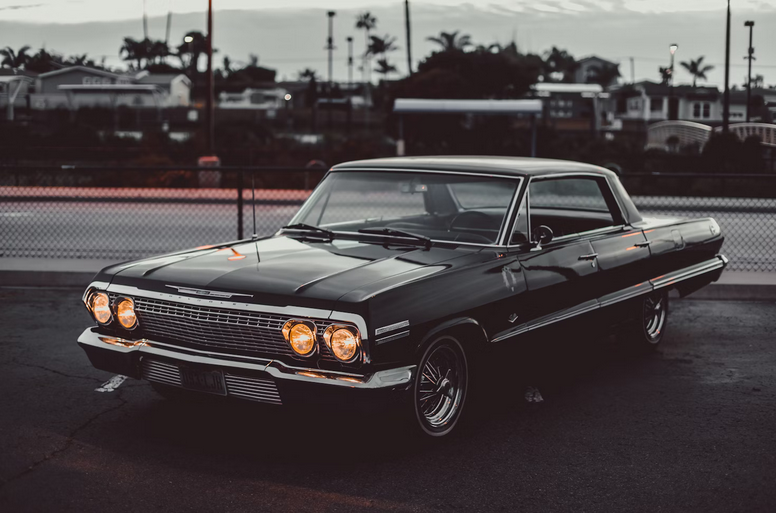
Vintage Investment: Is Owning a Classic Car a Smart Financial Move?
Ever dreamt of cruising down the road in a vintage classic car, turning heads wherever you go? Well, besides being a head-turner, owning a classic car might just be your ticket to making a smart financial move. There is always this allure of ’70s and ’80s cars that just can’t be replicated with modern vehicles.
But is owning a classic car really a smart investment? With all the high price tags and high maintenance costs, it might seem like a risky move. However, if done right, owning a classic car can be a smart financial move that not only brings you joy but also adds value to your portfolio. Let’s dig deeper into the world of vintage cars and find out.
Appreciation in Value

Classic cars have a unique charm that transcends time, making them highly sought after by collectors and enthusiasts alike. Unlike modern vehicles that depreciate as soon as they leave the dealership lot, vintage cars often see an increase in value as they age. “Age like a fine wine,” you could say.
Limited production numbers, iconic designs, and cultural relevance all contribute to the allure of these timeless automobiles. Investing in a well-maintained vintage vehicle with a documented history and original features can significantly enhance its appeal and resale value.
Limited Supply
As mentioned, classic cars are not being produced anymore, which means their supply is limited. With each passing year, the number of well-preserved vintage vehicles dwindles as some get scrapped or fall into disrepair. This scarcity factor easily drives up the value of classic cars. Collectors and enthusiasts can be easily seen anywhere around the market as they’re on the lookout for rare models to add to their collections. The exclusivity that comes with owning a limited-supply vehicle adds to its allure and desirability.
Moreover, limited availability can create a sense of urgency among potential buyers who don’t want to miss out on owning a piece of automotive history. This heightened demand, coupled with restricted supply, leads to increased prices in the classic car market.

Historical Significance
When it comes to owning a classic car, one of the key aspects that enthusiasts value is its historical significance. Vintage vehicles often have fascinating stories behind them, whether they were owned by famous individuals or played a role in significant events. These cars are more than just machines; they are pieces of history on wheels. In fact, car collections at the Beverly Hills Car Club show how these vehicles are a testament to peak automobile eras.
Owning a classic car allows you to become a custodian of that history and preserve it for future generations to appreciate and enjoy. Each vintage vehicle has its own unique background and characteristics that set it apart from modern cars.
Prestige and Status
Can you see yourself cruising down the road in a vintage Ferrari or Rolls-Royce – heads turning, admiration at every glance? Classic cars are a true testament to sophistication and elegance, making a statement wherever they go. They are symbols of success and refinement, showcasing your impeccable taste to the world. Whether you’re attending a prestigious event or simply taking a leisurely drive on the weekend, owning a classic car elevates your image to one of luxury and class.

Final Thoughts: Is It Really Worth the Money?
Now, let’s come down to the big question. Is it really worth the money? I can safely say that yes, it is. Vintage cars can be a rewarding investment, offering not only the joy of ownership but also the potential for financial gain. However, like any investment, there are risks involved, and it’s essential to do thorough research before diving into this kind of classic car ownership. Whether or not owning a classic car is worth the money depends on your passion for vintage vehicles and your long-term financial goals.

